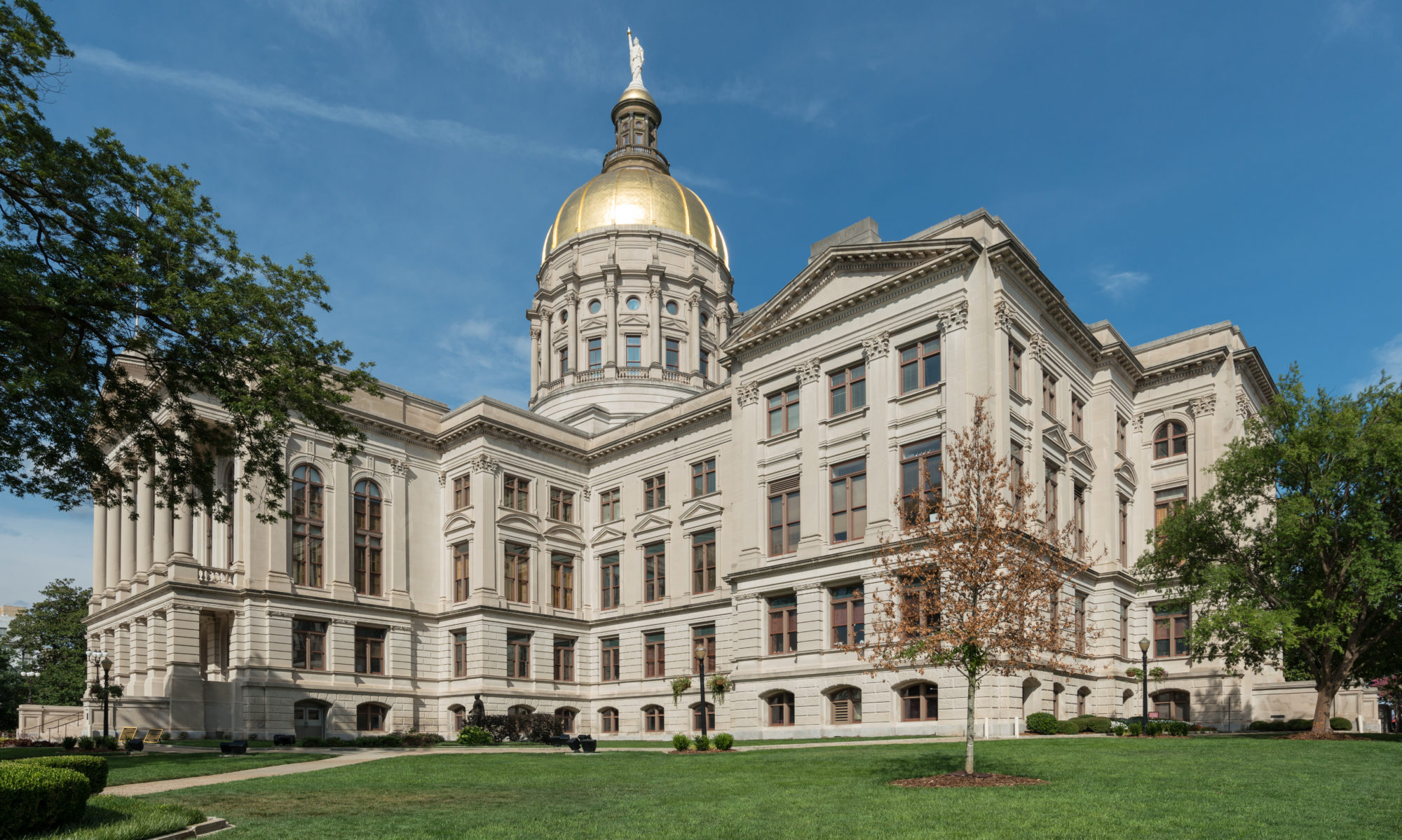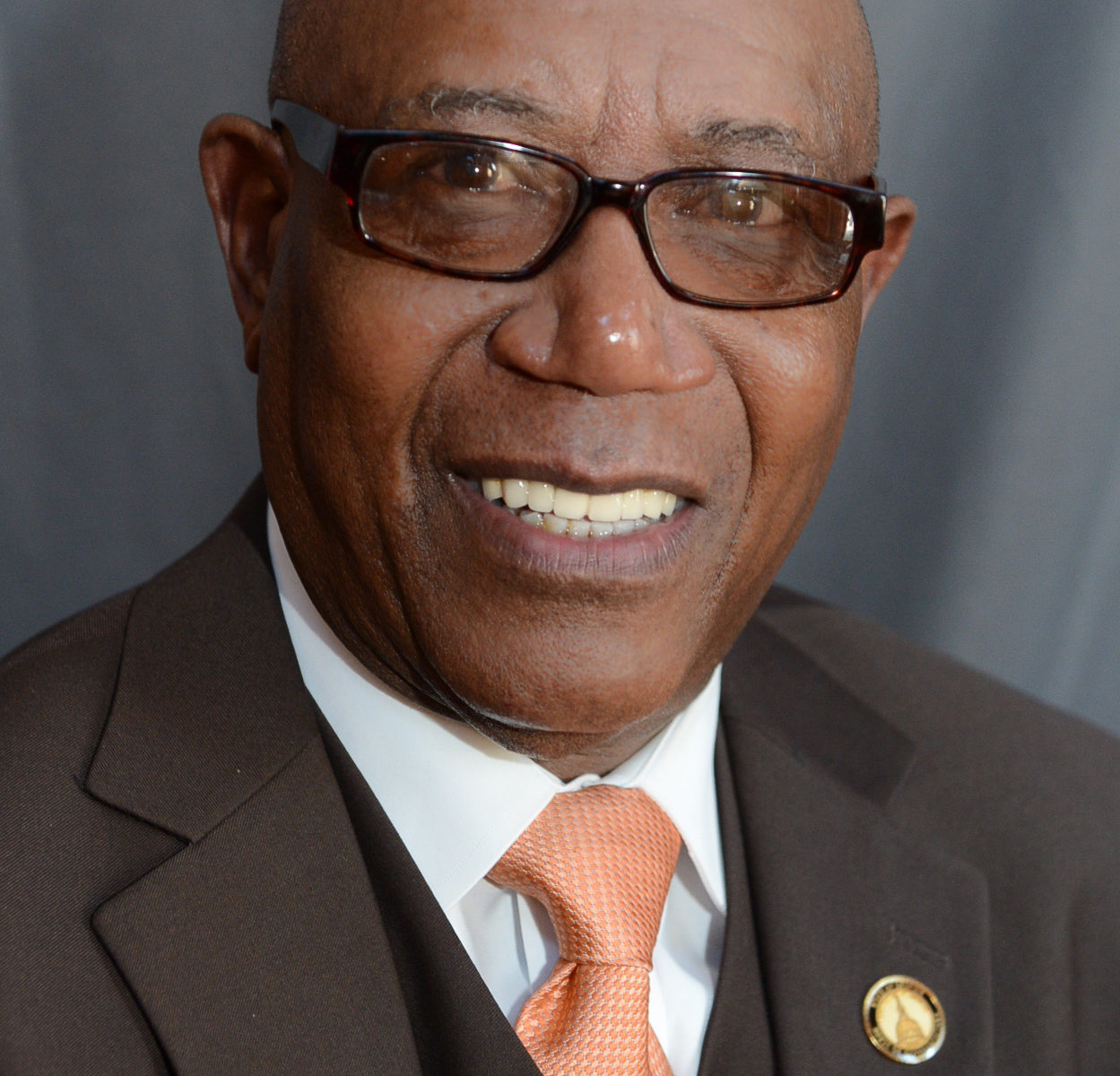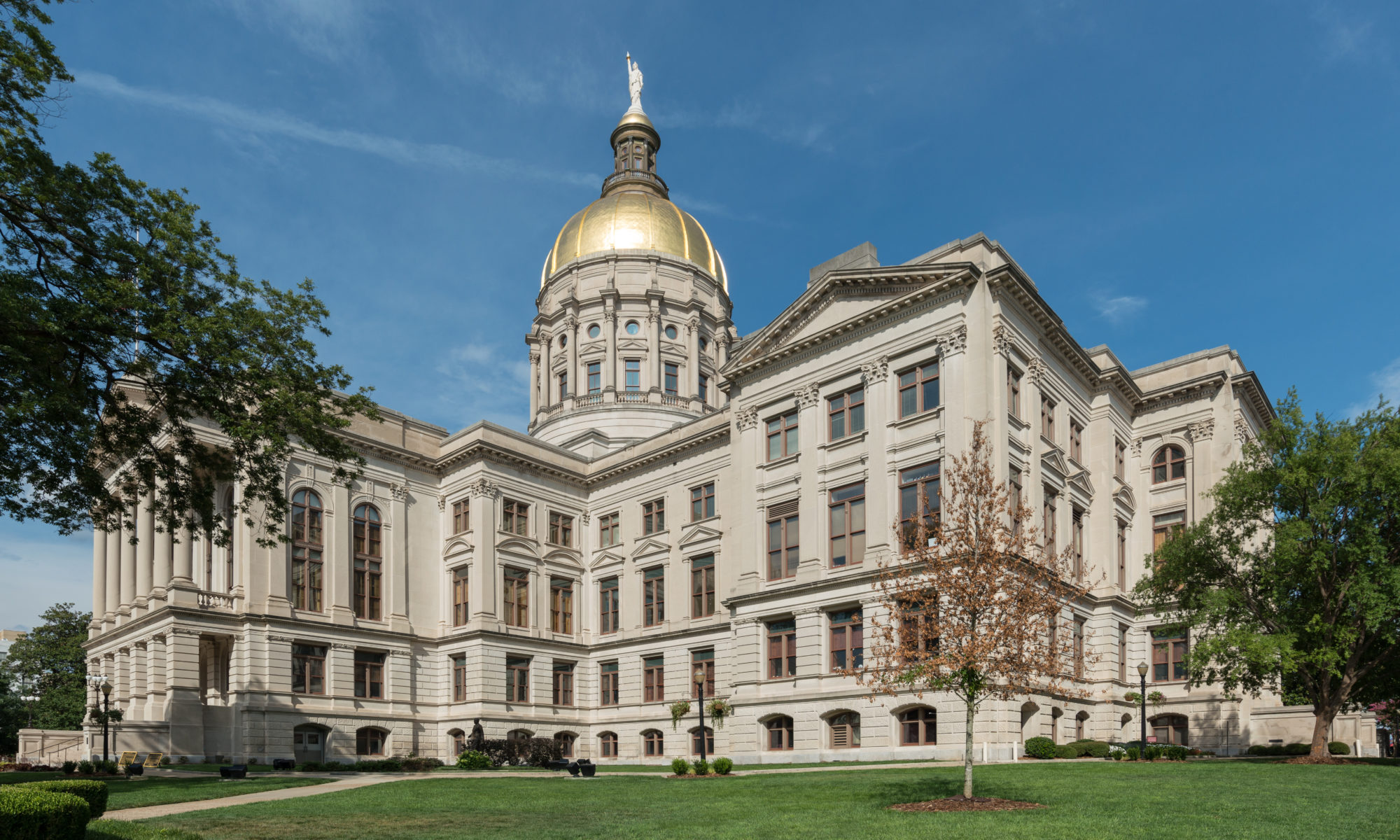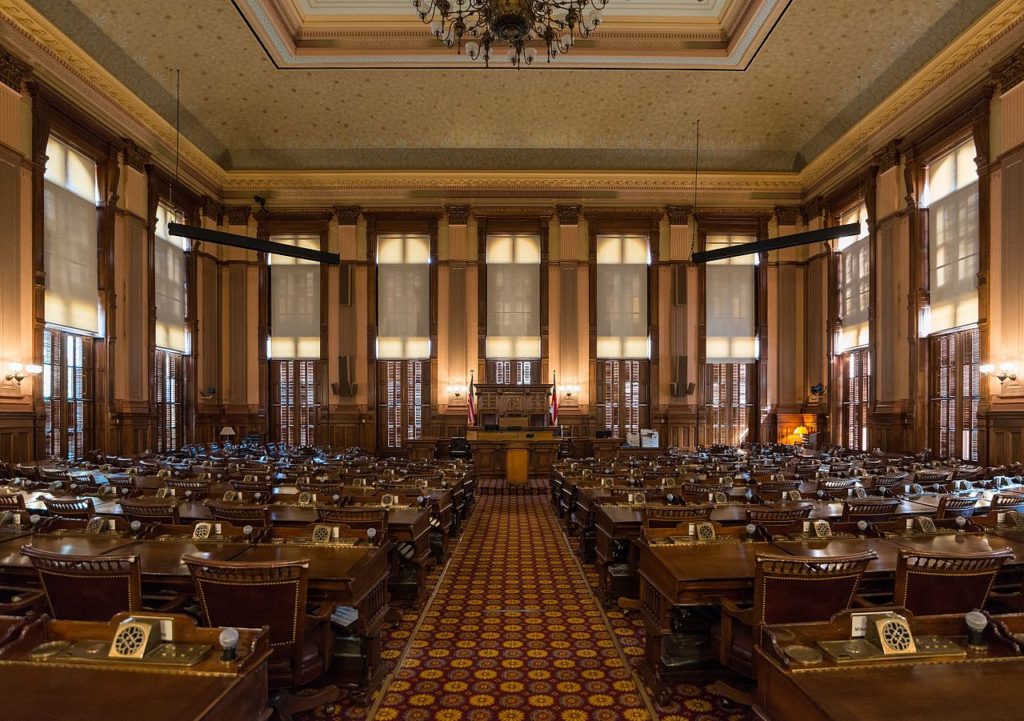It seems like yesterday, but it was quite a few years ago when I was a student at Savannah State University, eager to learn, make new friends, and become involved in campus activities. I was proud to be part of Savannah State’s rich history then, and I’m proud to be an alumnus now. SSU is the oldest historically black public college in the state of Georgia and the oldest institution of higher learning in Savannah. The campus has become even more beautiful over time, the oak trees mature and majestic, the architecture historic and graceful, and the students just as enthusiastic about their future now as we were then.
Savannah State has become known for its groundbreaking research. SSU sent cutting-edge genetic material from campus laboratories to the International Space Station in 2014. In 2016, Savannah State earned two patents: one allows for the collection and harvest of organic material necessary for long-distance space travel, the other is a new chemical that may be used for treating Alzheimer’s, ALS and dementia.
Savannah State can also boast as being the first university in Georgia to offer a bachelor’s degree in homeland security and emergency management and the second in the state to offer a bachelor’s degree in forensic science.
But with this long history, distinction, and tradition comes the need for important upgrades to safeguard future learning and success. Savannah State was founded in 1890, and some of the canals and drainage pipes on campus are nearly 100 years old. In order to protect infrastructure, SSU is proposing a $4.1 million upgrade to enhance drainage and safeguard electrical lines, converting existing overhead power lines to underground electrical systems. These improvements will provide a safer environment for students, faculty, and visitors, repair eroded banks and protect building foundations. With continued commitment to protecting our natural resources, these proposed improvements will also ensure storm water reaches local waterways without pollution, something we can all applaud.
This legislative session, I’ll work with the Chatham delegation to advocate for appropriations in the Fiscal Year 2020 budget to fund these essential improvements. In addition, I’ll communicate the necessity of these projects with our legislative leaders, including Gov. Kemp, to foster their support.
As a former educator, I also consider Beach Institute an important learning institution and historic gem in our community. As the first official school for African-American students in Savannah, Beach Institute currently serves as the cultural center for African-American arts, history and historic preservation. Built in the late 1860s, the building is in dire need of repairs and renovations to ensure it remains a beacon of learning for years to come.
I’ll give my full support to an appropriations request of $1.7 million dollars for the necessary improvements and will work with my colleagues to ensure this expenditure is included in the state’s FY 2020 budget. In addition, the King-Tisdell Cottage, considered an arm of the Beach Institute cultural arts center, is also in need of vital repairs, and I will strongly support the foundation’s $150,000 appropriations request so that this important site is preserved for generations to come.
We live in a city with a wide range of educational opportunities, steeped in history with an eye on the future. These are just two areas of learning distinction that should receive state funding. I’ll strongly support their budget requests and encourage my colleagues in the Georgia General Assembly to do the same.
Rep. Mickey Stephens is a Democrat who represents District 165, which includes portions of Savannah’s east side and south side. He is in his sixth term in the Georgia House of Representatives.



